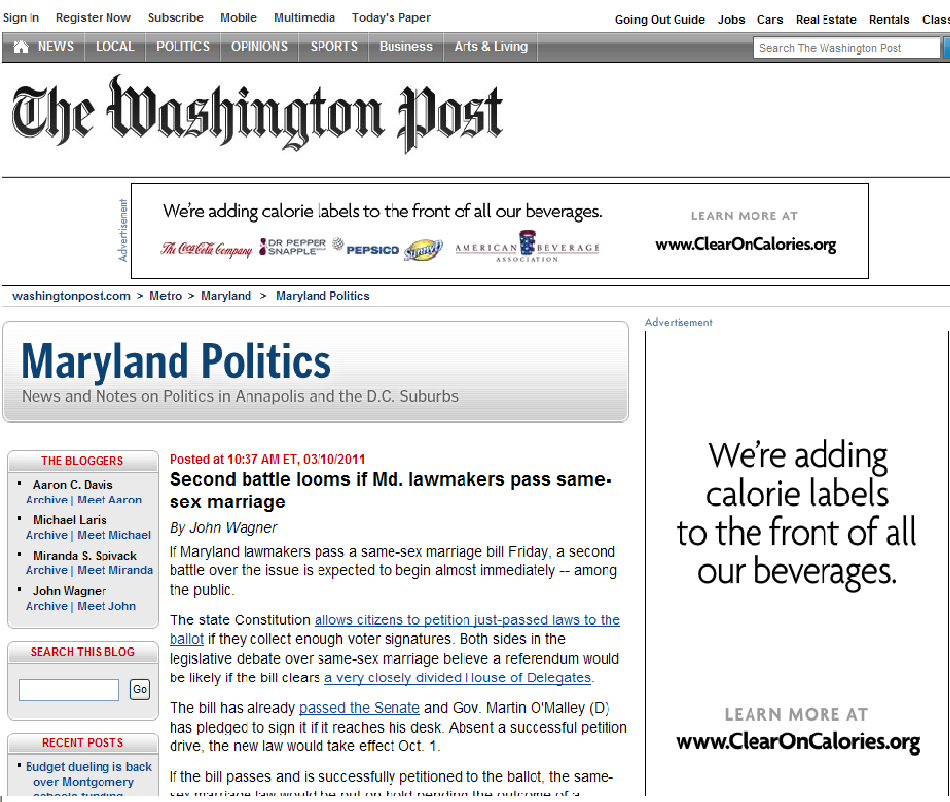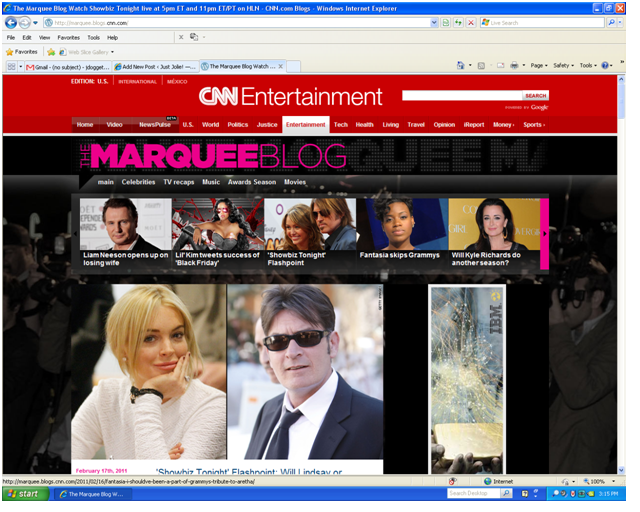Tonight, the Philip Merrill College of Journalism held its fourth installment of the “Multimedia Behind the Scenes“. Tonight’s discussion: “Sports Blogging: Old School Meets New School” moderated by Shirley Povich chair Kevin Blackistone
So, what did I learn?
1. Twitter can be “Life Sucking”
As panelist and Post blogger Dan Steinberg so elegantly put it, Twitter takes up a huge portion of a reporter’s life. He mentioned how at the very moment of the panel, he was fidgeting in his seat as his Blackberry was buzzing worried that he was missing an important Tweet. I would agree that Twitter takes up a huge chunk off social and academic life (in fact, I was “live Tweeting” during the entirety of the Symposium!). Although it is a bit obsessive at times, it is useful. Diamondback Sports Editor Jonas Shaffer talked about how he even uses Twitter to get quotes/information for his stories! For example, when the Terps went to the Military Bowl, our first bowl game in some years, the players weren’t available for interviews. But their Twitters where a free-for-all of soundbites and quotable dialogue amongt players. So, the life sucking of Twitter can in turn be revitalizing for journalism.
2. Blogs appeal to a totally different audience
I quote a panelist from the symposium “Blogs appeal to fans who may like a sport, but LOVE a team”. This stood out quite a bit to me (though, not enough for me to remember who said it). I do agree that Blogs aren’t for people who want stats and facts and figures, but for people who want opinions, and slant and scandal and fun facts. Leave the hard-hitting intelligence increasing news for your print edition. The blogs are for the people who don’t care too much about all of that detail.
3. Blogging creates ethical dangers
As tantalizing as the blogging world is, journalists should proceed with caution. There are so many fine, shady lines that can be easily crossed when entering into the online reporting world. Is it okay to take direct quotes from an athlete’s Twitter page? How can we know if it is really that person Tweeting even if it is a verified account? Are bloggers in such a rush to break an online story that they don’t take the time to fact check their posts? In this online journalism world, news from all kinds of sources becomes available so fast. Journalism Bloggers have a desire to get it first before getting it right. I suggest that bloggers develop a “Social Media Policy” similar to an Ethics Code, just to be on the safe side.
Conlusion
All in all, I enjoyed the symposium more than I expected. It was informative, thought provoking, and entertaining (Dan Steignberg and George Solomon should have a show together!) I’ll definitely take into account a quote from Washington Post blogger Cindy Boren. We (bloggers) have to “Think outside of the box. We can’t put ourselves into a box of just being a ‘Blogger” or just being print or broadcast”. The media world has obviously gotten so big. It would be ridiculous for us to limit ourselves to professional titles so small.

